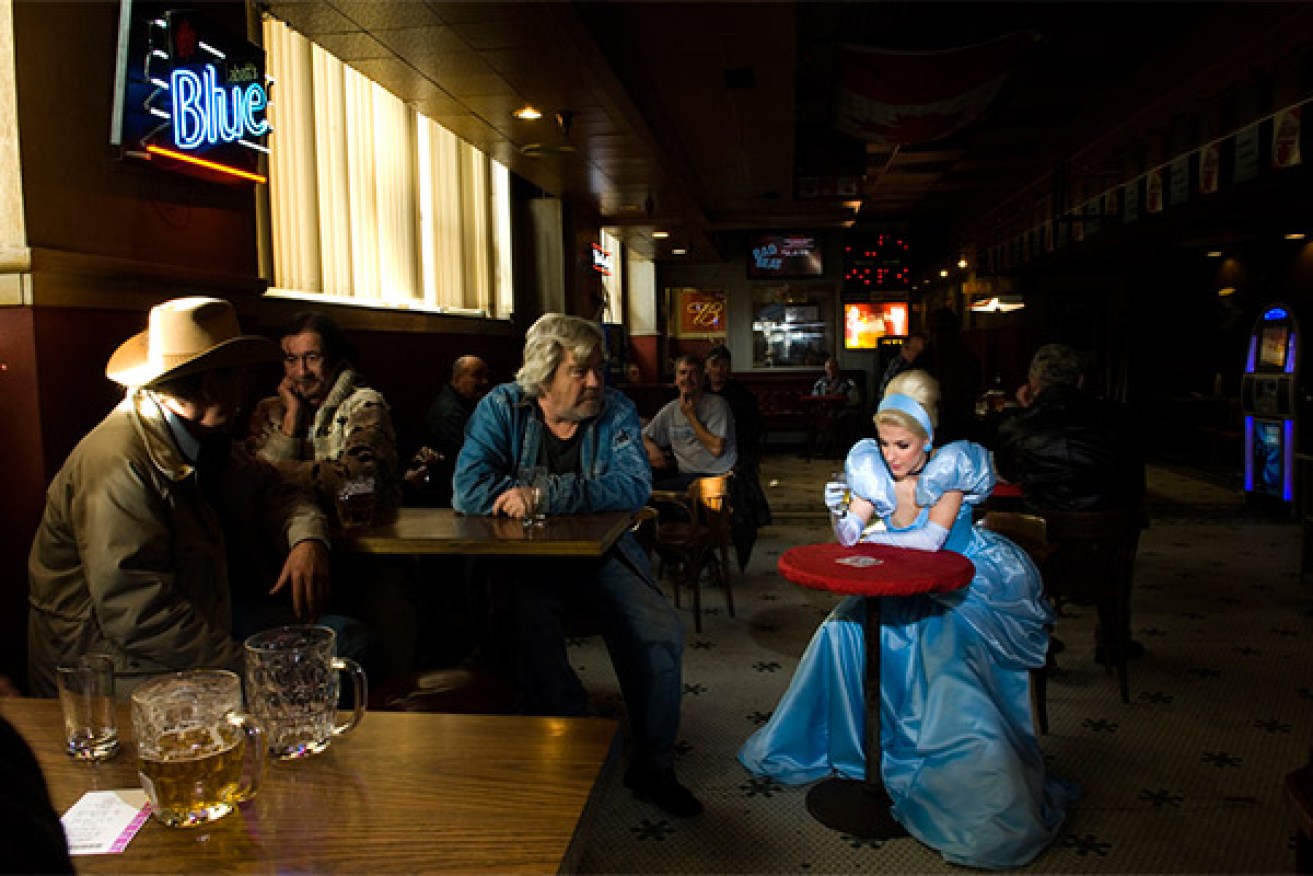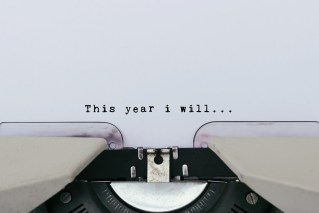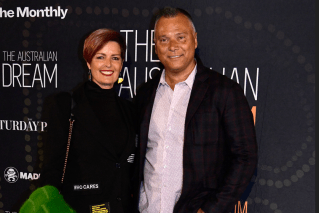Honeymoon’s over: young people and marriage

Photo: Dina Goldstein
There is a lot of hand-wringing about the decline of marriage. The latest stats from the Australian Bureau of Statistics show the popularity of the institution continues to slip.
Last year there were 4200 fewer marriages registered than the year before, despite a rise in population.
· ‘Ladies men’ are less likely to get prostate cancer
· Rape, murder and stalkers: the real risks of Tinder
• Digital dating and the sly art of the ‘vanishing act’
Experts say the four-decade-long downward trend is a result of people choosing to delay tying the knot until they’ve established their careers.
But another issue it says suggests the postponement of marriage might not be entirely intentional. Sue Yorston, senior manager, social inclusion and diversity at Relationships Australia, says a range of factors are driving the decline of matrimony.

Fairytale complex: Instant gratification is holding up marriage plans for people born post 1980, according to Relationships Australia. Photo: dinagoldstein.com
Economic pressures like the high cost of buying a home are causing people to delay the commitment, or opt-out of the big white wedding in favour of a nice, thrifty de facto arrangement.
But she has noticed that people born after the 1980s are tending to put marriage off as part of a plan to have fun now, and settle down later.
She says many find when they reach their 30s and decide they’re ready, it’s not as simple as snapping their fingers to summon their happy-ever-after.
This, she says, is a result of the culture of instant gratification.
“It comes from the 1990s attitude that you can be anything you want to be and do anything you want to do, but everybody forgets about the working part of it,” Yorston says.
Some context …
Marriage data released in late November shows that in 2013 the median age of a groom was 31 and the median age of a bride was 29.
Compare this to the 1970s when women were marrying at 21.
They were taking their wedding vows not long after graduating from high school – and many did it while they were still there. Men were marrying at about 24.
In 1976 more than two-thirds of 24-year-olds were married. That proportion had shrunk to less than one-sixth by 2011.
Split the difference
Ms Yorston says Gen-Y and Gen-Z have been raised with an over-developed sense of entitlement.
From a young age they develop a life plan which they expect to be able to follow the way one might follow the instructions to building an Ikea wardrobe.

“They say, it’s my plan to get married and have a child when I’m 35 and I think, well maybe,” Relationships Australia’s Sue Yorston. Photo: Shutterstock
They relegate settling-down to a later stage of life. They may focus on building their careers but are less likely to realise a successful relationship is something that needs work and attention too, according to Yorston.
“They say, it’s not in my plan to have a baby at 21 because I want to build my career and travel overseas, I’ll just have a baby when I’m 35,” Yorston says.
“They say, it’s my plan to get married and have a child when I’m 35 and I think, well maybe.”
She gives the example of a woman who, at 25, was in a relationship but wanted to delay marriage and children until she was 30. Now she’s in her 30s and her partnership has broken up.
“It was her plan. She thought it would happen but the relationship didn’t last. She’s actually finding it very hard,” Yorston says.
It is difficult to make motherhood statements about something as common and complex as marriage.
The experiences of individuals vary wildly. What is true for one person will not be true of the next.
But Yorston’s point is simply that people who plan to get married shouldn’t treat it as something they can turn their minds to when they’re ready.
If they want a marriage and a career, they should work to develop both rather than shelving one in favour of another, assuming it will come easily when they’re ready.
Genevieve Gannon is the author of romantic comedy ebook Husband Hunters, out now through Amazon.








